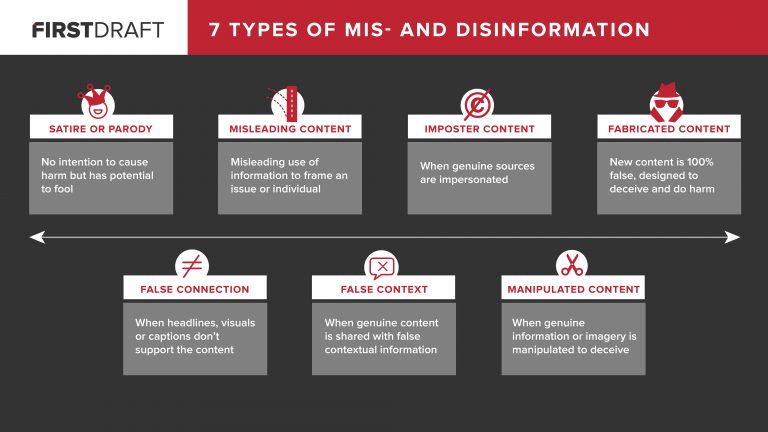UML Library is pleased to announce the launch of a new institutional repository, UMass Lowell RAD (Research, Archives, and Data)!
UML Library is pleased to announce the launch of a new institutional repository, UMass Lowell RAD (Research, Archives, and Data)!
Welcome to the UMass Lowell Library's guide to identifying misinformation! Here you'll find strategies to separate fact from fiction, tips for navigating the information landscape, and resources about past and present misinformation.
If you have questions about the resources on this guide, please visit our Ask a Librarian website, where you can browse our FAQ page or use the Live Chat Reference service for real-time assistance.
These terms might seem interchangeable, but they actually mean different things. The key difference between misinformation and disinformation is intent.
Misinformation is simply false or misleading misinformation.
Disinformation is false information deliberately spread to shape opinions or hide the truth.
For the purposes of this LibGuide, misinformation will be used as the default term.
Claire Wardle of First Draft News developed this infographic in 2017. She describes 7 types of misinformation from parody to fabricated content, arranged on a scale of relative harm and "intent to deceive."

Publication Date: 2020. Edited by the Executive Director of UK-based research firm InformAll, this book explores the everyday impact of information literacy. Contributions by a range of experts consider how a more informed population can fight misinformation to cultivate a more democratic society.

Publication Date: 2020. Written by two professors of Constitutional Law at the University of Palermo and Milan’s Bocconi University this text considers the European response to the growth of online disinformation. The authors examine misinformation’s threat to democracy and suggest ways to confront that danger.
University of Massachusetts Lowell
University Library
O'Leary Library: (978) 934-4554 Lydon Library: (978) 934-3208
